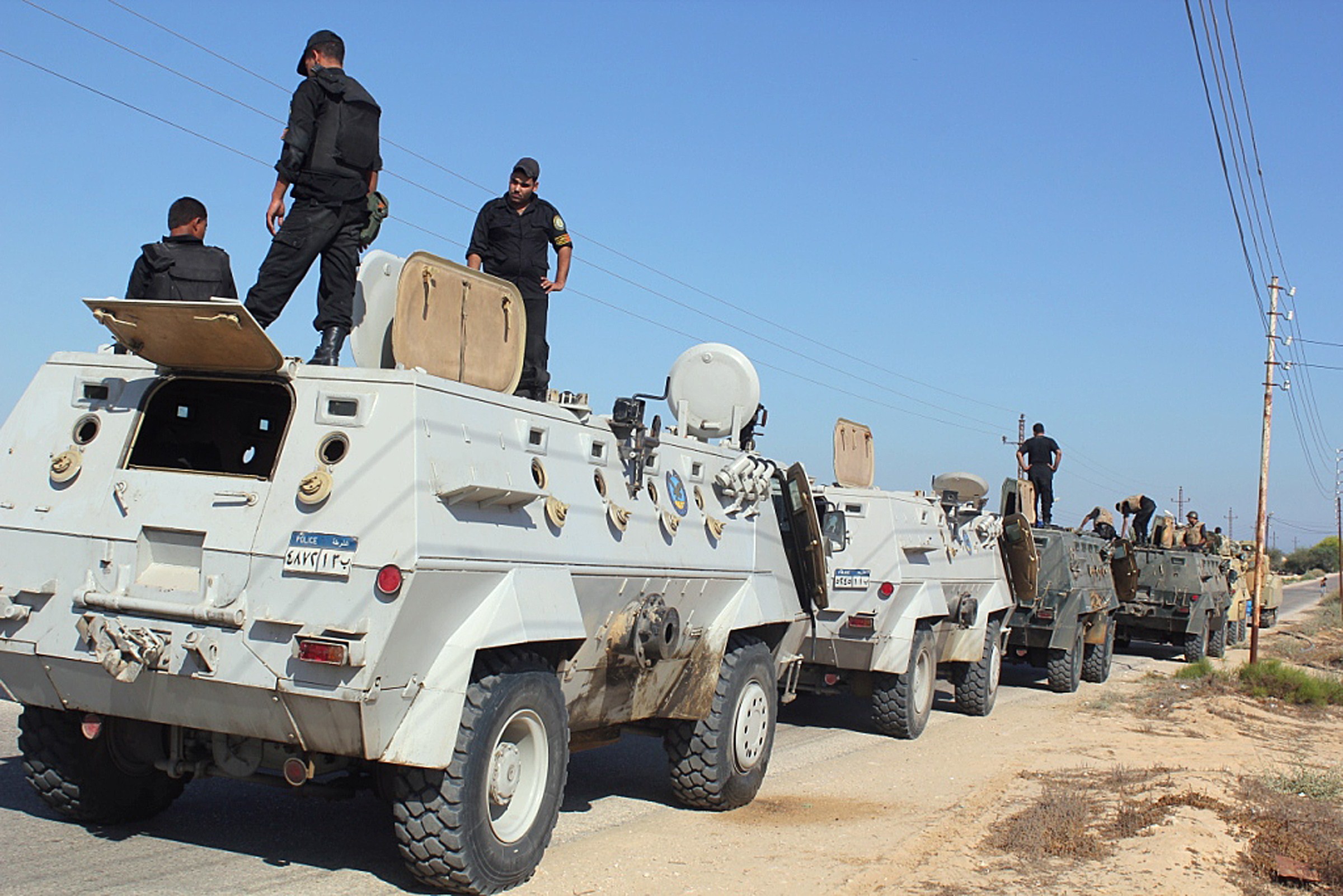CAIRO: The temperature of Egypt’s cool peace with one-time adversary Israel appeared to be heading towards record lows this week, amid allegations that the Israeli military executed Egyptian prisoners of war near the Sinai city of Al Arish during the 1967 Six Day War.
The allegations were made in an Israeli documentary film titled “The Shaked Spirit, aired last week on Israeli television. In it, the filmmakers examine the war-time role of that famed IDF unit, and alleged that under the command of current Israeli Infrastructure Minister Benjamin Ben-Eliezer, the unit executed 250 unarmed POWs.
Ben-Eliezer has adamantly denied the charges, insisting to the press that the men killed were not Egyptian prisoners of war but actually Palestinian commandos.
In Egypt, few are swayed by the Israeli minister’s defense. Earlier this week, members of parliament demanded the expulsion of the Israeli ambassador. Amid the controversy, Ben-Eliezer has cancelled an official visit to Cairo which was planned for later this week.
Following unfounded information published in Egypt on this affair and the current atmosphere not being favorable, the two parties decided to postpone to another date Ben-Eliezer s visit, Ben-Eliezer’s spokesman told AFP.
According to many Egyptian analysts and intellectuals, the incident has only fanned widespread animosity against Israel in Egypt and has placed the regime’s relationship with Tel Aviv on even thinner ice.
“The larger context of the Israeli-Palestinian conflict will definitely complicate things, said Diaa Rashwan, an analyst at Al Ahram Center for Political and Strategic Studies (ACPSS). “You can’t separate the situation in Palestine from the reaction of the Egyptian government.
“I think the situation has become more and more serious, continued Rashwan.
“Yesterday in the People’s Assembly the members of parliament held a special session about this issue. The foreign minister has asked the Israelis about the incident. I have never seen such a rapid response from the Egyptian foreign minister.
“I think this shows that the government thinks this is really dangerous, and they are trying to respond as quickly as possible to the media coverage and the opposition’s reaction.
Ibrahim El-Houdaiby, an advisor to the Muslim Brotherhood and board member of their website, www.ikhwanweb.com, urges the government to take more action but has doubts it will do so.
“They have made political calculations contrary to our national interest. We should go to international courts to sue the Israeli leaders and generals who committed this war crime, he said.
“The government is in a very weak position right now, continued El-Houdaiby. “It enjoys no internal support and unfortunately it gets most of its support from the United States and Israel. That means it will probably disregard the will of millions of Egyptians and our national interest and do nothing.
According to El-Houdaiby, “This is an atrocity, and I don’t think the regime understands it. This is another Israeli war crime, in addition to the deaths of Lebanese civilians and Palestinian civilians and the millions that they have killed and slaughtered.
But according to Mohamed Sayyed Saeid, head of the ACPSS, while the incident has only made most Egyptians more hostile to Israel, the ball is in Tel Aviv’s court.
“At the popular level, most people know something about atrocities like this through stories they have heard about the suffering and experiences of others, said Saeid. “But while these things are well-known, when new things like this come up they increase the public’s negative sentiment towards Israel for sure.
“I believe this has increased the fragility of the Egyptian-Israeli relationship, he said.
But he believes that the Egyptian government wants to look forward and not be stuck in the past. “If Israel wants to promote positive attitudes towards justice for the Palestinian people, then Egypt can do this and keeps its eyes on the future.
“Hopes for peace will decline insofar as Israel has demonstrated increasing intransigence towards the conflict and has not respected repeated Arab initiatives, including the 2003 Beirut initiative. The image of Israel in Egypt has become worse than ever before, and this will lead to greater coolness and fragility in their relationship.

